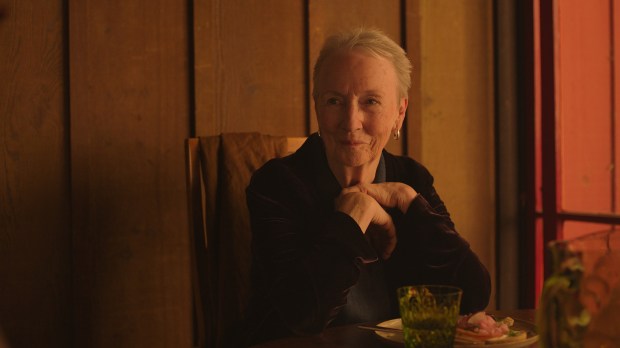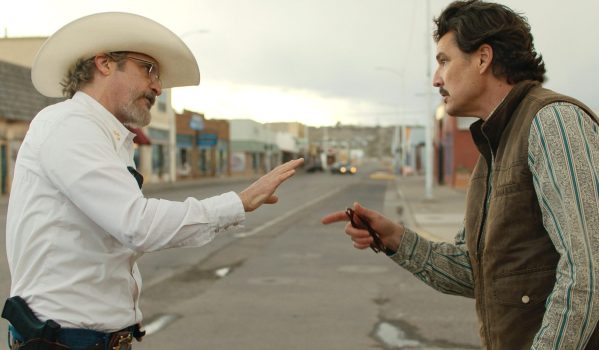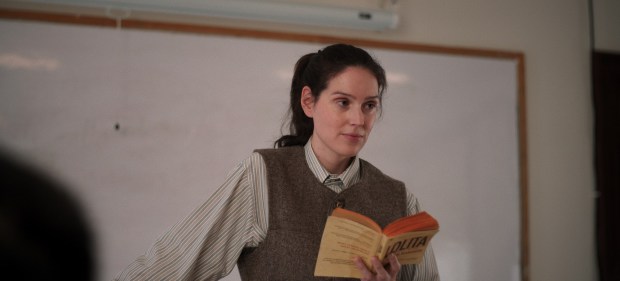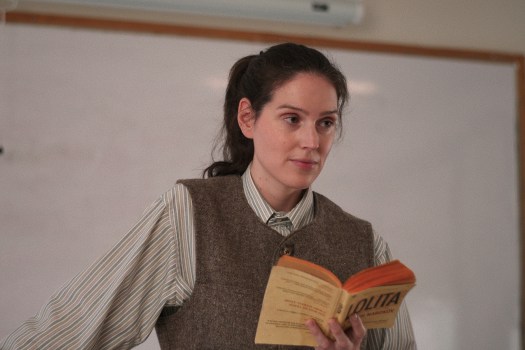Familiar Touch, which opens in theaters on Friday, defies preconceived notions about what a dementia-focused film might be.
Familiar Touch highlights what remains as our sense of self deteriorates, in contrast to Anthony Hopkins’ Oscar-winning portrayal of a tortured, frightened, and fearful dementia patient in The Father.
The story of Ruth Goldman (Kathleen Chalfant), whom we first meet on the day her son takes her to an assisted living home, is told by director-writer Sarah Friedland based on her personal experience.
In a joint Zoom interview with Chalfant, Friedland stated, “We shot in an actual retirement continuing care complex in Pasadena, California.
I have experience teaching filmmaking to senior citizens in various community settings in addition to being a memory care provider. It became evident to me when I was writing the script that the production had to be in line with the story’s ethos in addition to serving as an anti-ageist character study.
I wanted to work with actual caregivers and senior citizens to create it.
The 80-year-old Chalfant knew just where to begin in bringing Ruth’s reality and perceptions to life.
The simplest way to describe where I started in this situation is with my best friend, the playwright Sybille Pearson, who is most recognized for her work on the Broadway musical Baby and, I believe, her play Sally and Marsha. We’ve been friends since 1973, and she suffers from dementia.
Only one of us is now aware of the secrets that we have always shared. Actually, only one of us remembers the secrets, therefore I suppose that two of us are aware of them.
Because of my friendship with Sybille and my experience with her dementia—which was, in a sense, her final visit—it appeared that I understood Ruth when I received this script.
She stated of Pearson, who is eighty-eight, “It’s definitely been her gift to me.” Because Sybille taught me how to be Ruth. which is that she observes in silence and may be more immersed in her own world.
She went on to say that portraying Ruth was much like a prolonged acting practice. You’re expected to live in the present when studying acting, according to the curriculum.
Naturally, as everyone is aware, it’s easier said than done because there are so many distractions at the present. Dementia patients, however, do live in the present. They are not focusing on the future and are disengaged from the past.
Thus, if there was a strategy, I used it to play Ruth.
What does Chalfant do with this remarkable role?
All performers worry that their current position will be their last one until they find another one.












